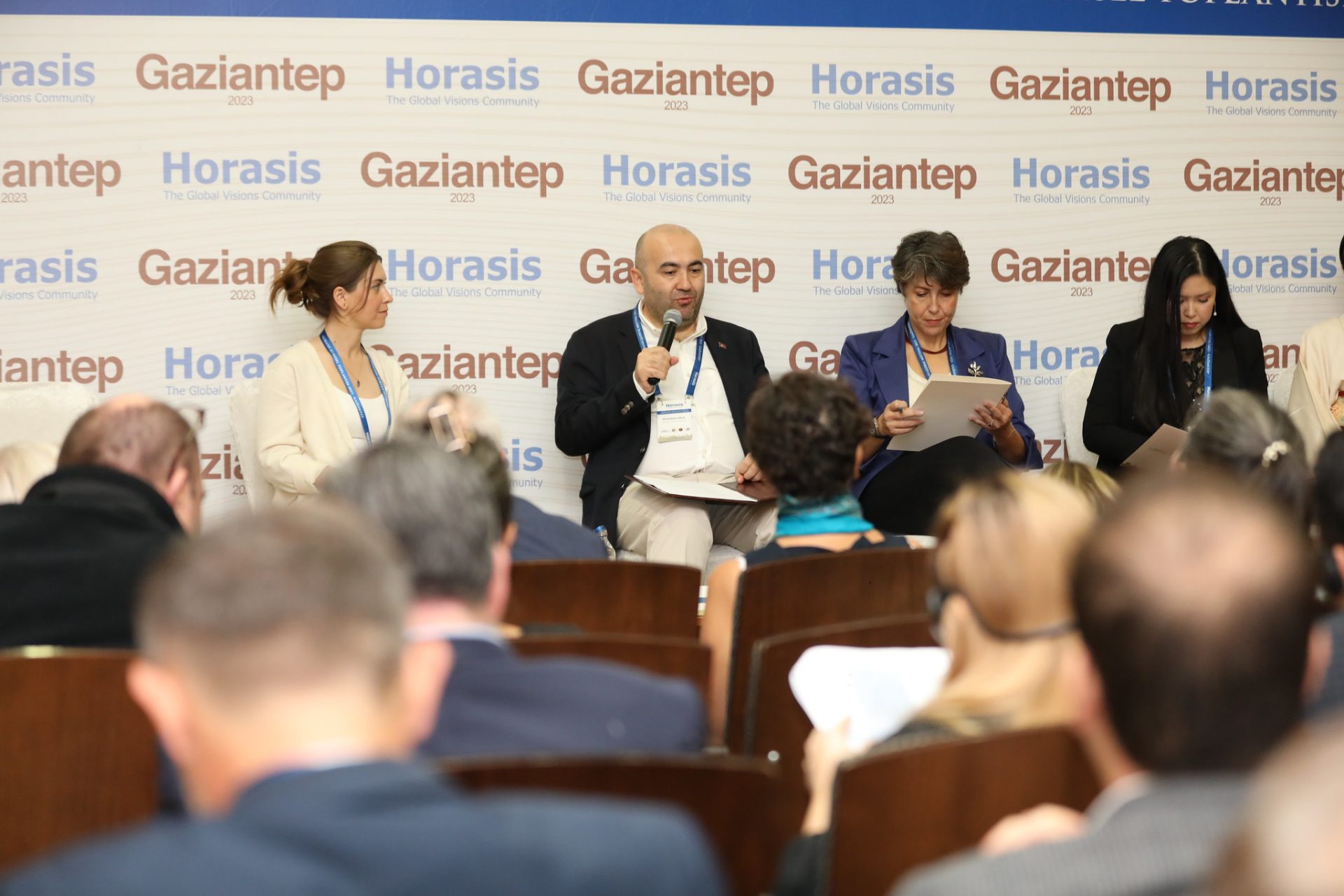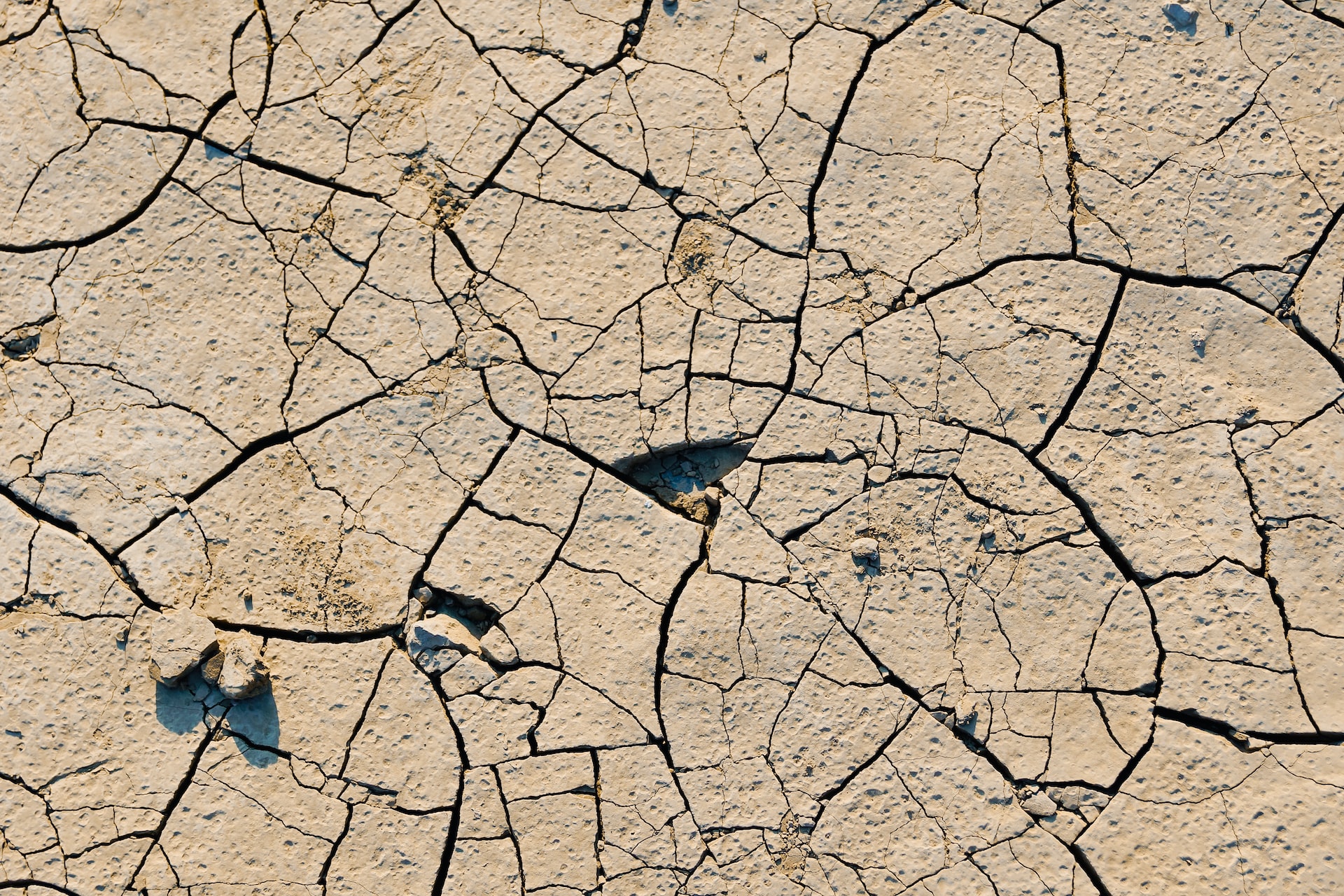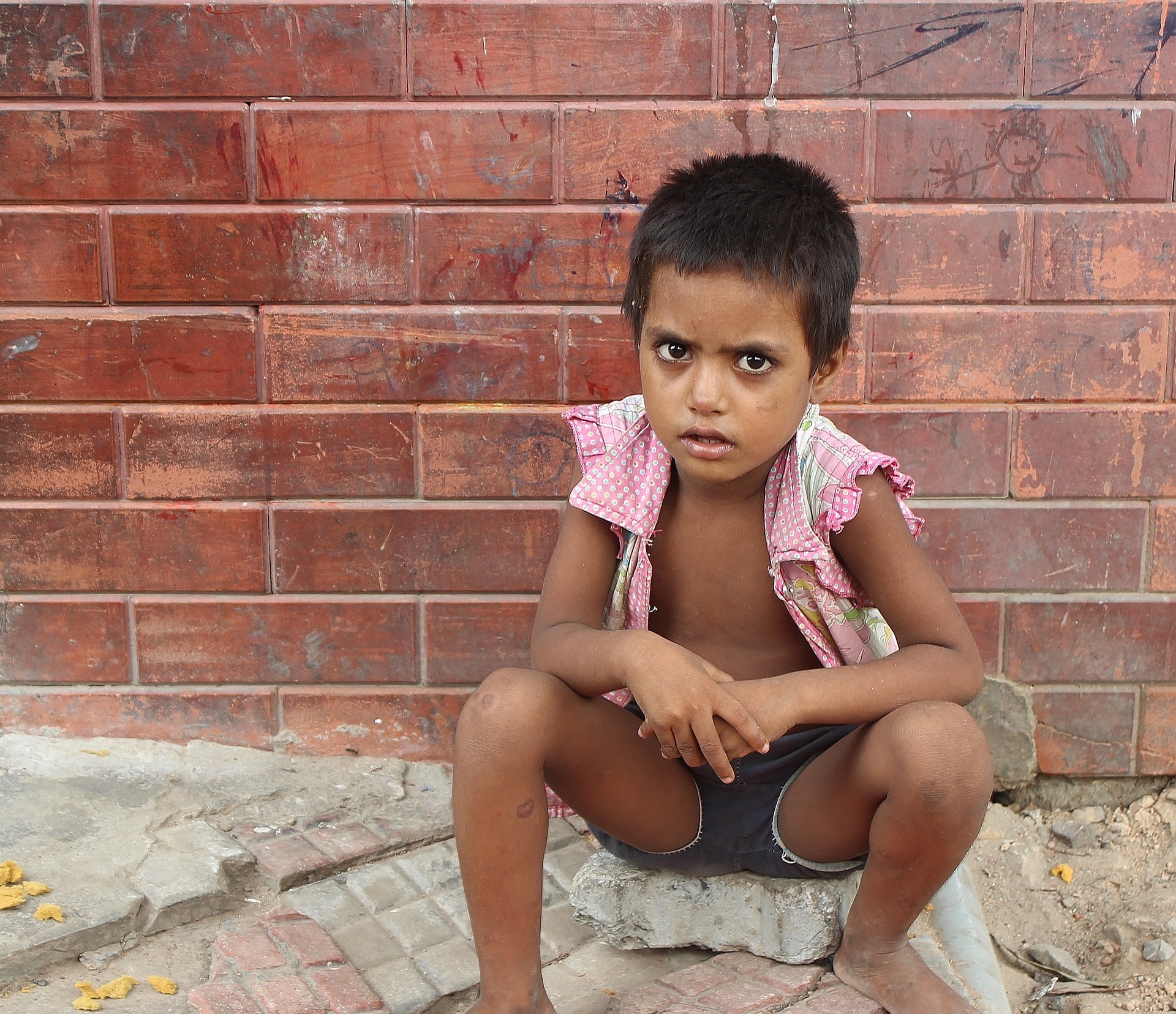Developing Food and Water Security at Scale
Over millennia humans have always worked towards food and water security, and with modern innovations one would surmise that states and regions had solved this issue long ago. A growing population, climate change, natural disasters, and war and trade issues have caused continuous issues for many governments and organizations in their efforts to provide food and water security for citizens. Türkiye, like many other governments, is looking to develop and innovate food and water security and to develop new energy technologies. The Developing Food and Water Security at Scale panel brought forth ideas from multiple sectors in order to answer questions around what infrastructures need to be developed, what issues need to be addressed, and what solutions are already out there that can be replicated in other parts of the world and used to scale.
Understanding the Barriers
The discussion started by highlighting that there are multiple factors that impact food and water security beyond general access: Global population will reach 9BN by 2050 and 60% more food will be needed by then to meet the food requirements of a growing global population. Mustafa Oğuz, Founding Partner of Strategic Solutions Lab, Türkie shared that “climate has been rapidly changing and undermining the sustainability of the agriculture sector and access to safe and clean water, and agriculture places a significant amount of pressure on the world’s freshwater reserves, accounting for nearly 70% of global water withdrawals. Efforts to feed a growing global population will inevitably result in increasing demand for water and energy.” A third barrier is that agriculture has lagged behind many other sectors in digitalization and application of digital technology, and by enabling and expanding data-driven food systems we can offer an unparalleled approach to building stronger, more resilient, more informed, inclusive and equitable systems for the future.
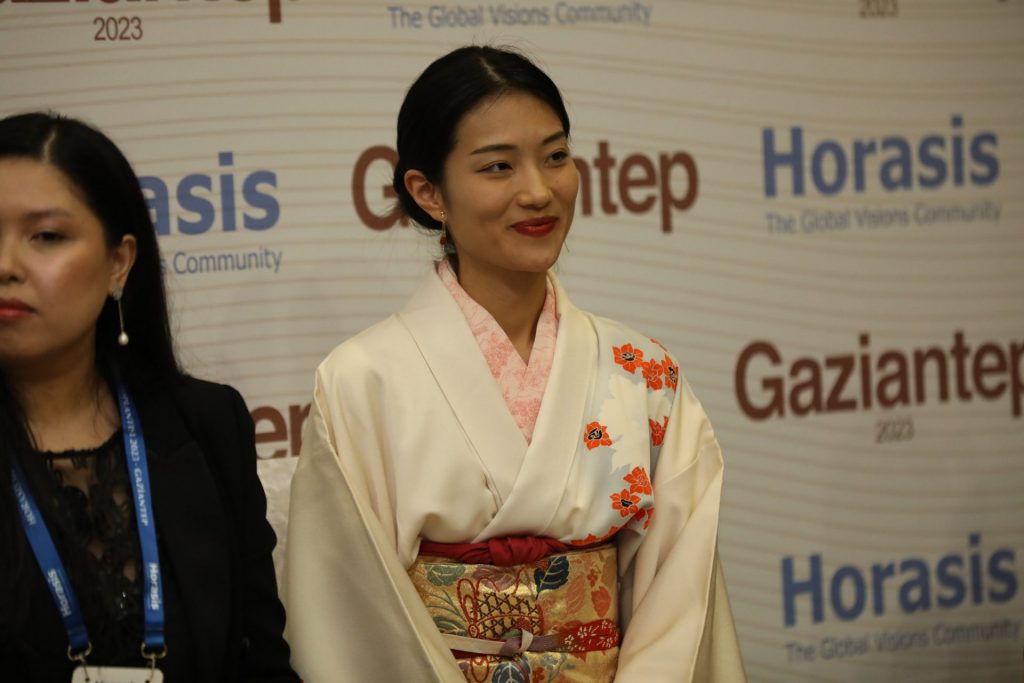
Technological Capabilities and Limitations
While there is a lot of conversation around the unlocking of new technologies that can make harvests more resilient, increase food production, or desalinate water, some groups are raising alarms on the way these new technologies could impact climate and their focus on major industry production versus embracing a diverse, regenerative agriculture system that includes small scale farming. The panel discussed their thoughts on whether we should we be utilizing every possibility to address current issues or prioritizing long term solutions that have less impact. Hannah Brocke, CSO and Cofounder of PlanBlue, Germany which develops high resolution sea floor maps to enable sustainable use and conserve the ocean’s resources, shared her thoughts that while technology has a lot to offer, we must prioritize using natural solutions when they are available and finding additional natural solutions that can scale. Panelists agreed that tech is an enabler and a tool that can and should be used where capable but that society should not deem it as the only solution or become too dependent, especially with tech solutions that can cause harm. Digital tools enable wide and emerging economies with market access and visibility which before the advancement of the internet and platforms, was difficult to navigate. This encourages economic empowerment for emerging economies and allow for more opportunities for financially gains for farmers, and food or water manufacturing companies.
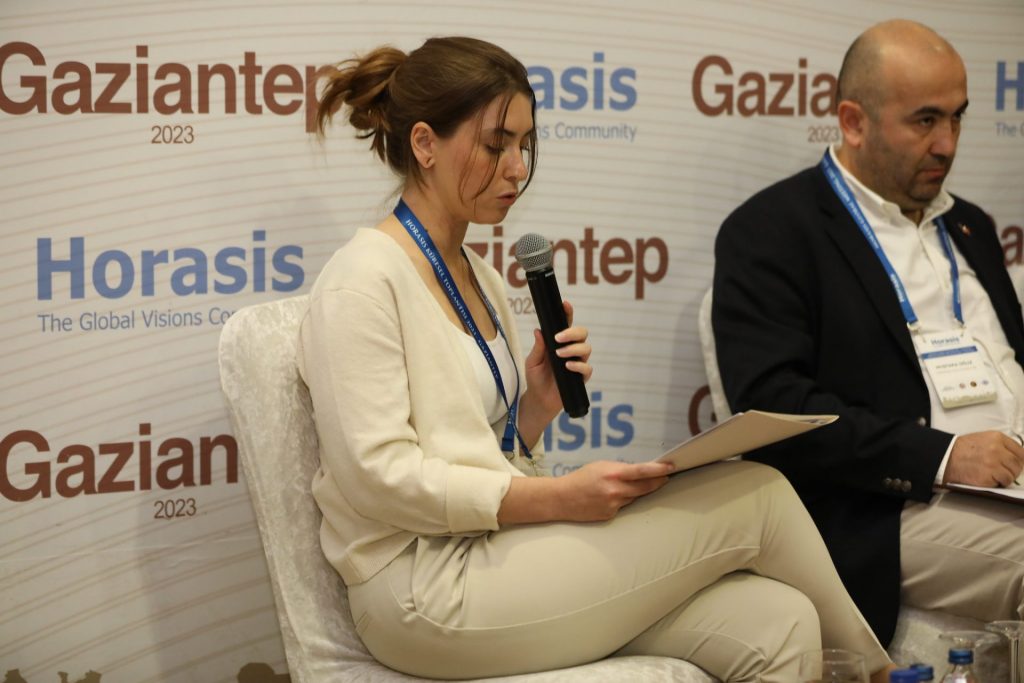
Nutrition & Choice Security
Enough food is produced today to feed everyone on the planet, but hunger is on the rise and some 821M people are considered to be “chronically undernourished” including throughout many countries that are considered to be food secure. “Weaving in nutrition security is critical to address citizens needs and well-being and should be included as part of any food security plans. Countries will face social and national security issues if citizens are not healthy. Unhealthy citizens means decreased productivity levels, and the inability to think and process information optimally which inevitably affect work and school performances. This has a negative impact on economies and GDPs,” shared Diana Sabrain, Co-founder of OneAgrix, Switzerland, a digital B2B trade ecosystem focusing on agricultural and faith-based foods. Momoe, Founder of ZenEating which help individuals and organizations develop a profoundly healthy relationship with food that fosters gratitude for the natural world, contributed that whilst tackling food security, we must remember that diversity is at the heart of it and that there are increases in demand for food diversity and food thats help heal the individual and the collective. We must build new food systems with health and wellness in mind for the individual.

Need-Based Services & New Transactional Systems
The panel discussed the ways that current systems are not built with individual prosperity and security in mind. Ambre Naija, Executive Advisor for STEP Aquaculture, Tunisia shared a story of bartering the creation of a Facebook page, which took her less than 30 minutes, for cherries. “We need to transform systems within society, which is based on earning revenue, to one which creates value. Eventually through a system of barter and tokenization, where we could earn tokens by exchanging services. An example of this is June, currently running in places such as Luxembourg, France, and Belgium, which is not based on foreign currencies but based on offer and demand.” Panelists discussed creating a human-centered design where we develop services around people’s needs.
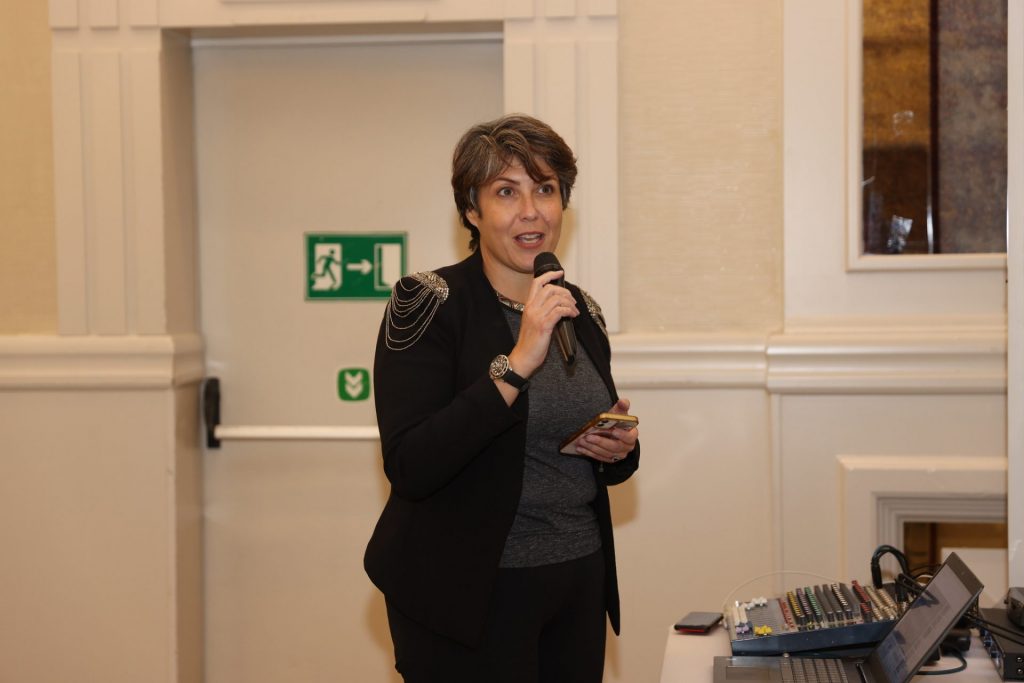
Scalable Solutions
The panel ended the discussion by sharing solutions that they’ve heard of or are working with that they’re excited about, in order to leave the audience with strong example of what’s working that can be replicated or scaled. A few examples included the National Center for Knowledge and Innovation in Agriculture of Uzbekistan (UAKIS) which is part of the implementation of the Agriculture Development Strategy for 2030 and represents a transformative plan to improve agricultural knowledge and information generation, exchange and utilization in Uzbekistan by catalysing the creation and dissemination of practical ideas for transforming agriculture and rural livelihoods in the country. Another example is that of The German Federal Ministry for Economic Cooperation and Development (BMZ) which initiated Green Innovation Centers for the Agriculture and Food Sector (GIC) in 14 African and Asian countries. Green Innovation Centers aim to stimulate innovations in the agriculture and food sector to increase smallholder income, boost employment and improve regional food supply.
By Jessica Kantor, Journalist and Director of Communications, USA
